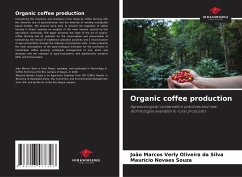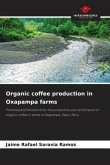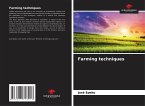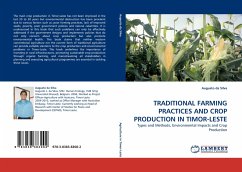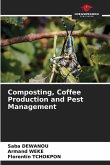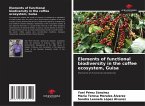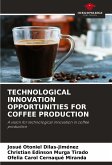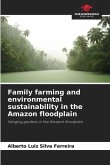Considering the economic and ecological crisis faced by coffee farming with the intensive use of agrochemicals and the diversity of existing ecologically based models, the present work aims to present the trajectory of coffee farming in Brazil, weaving an analysis of the main impacts caused by this agricultural commodity. The paper presents the state of the art of organic coffee farming and its potential for the conservation and preservation of biodiversity, the rescue of traditional cultivation practices and a reconstruction of agro-ecosystems through the redesign of production units. It also presents the main assumptions of the agro-ecological transition for the promotion of sustainable coffee growing: ecological management of soil, pests and diseases and the redesign of agro-ecosystems with agroforestry systems (AFS) and Permaculture.
Bitte wählen Sie Ihr Anliegen aus.
Rechnungen
Retourenschein anfordern
Bestellstatus
Storno

